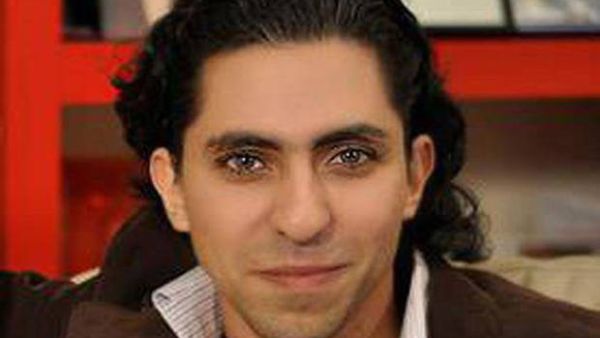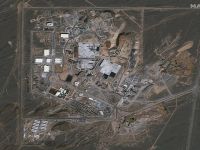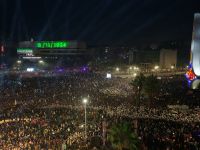Recently, the unlawful convictions of Saudi activists have again drawn international attention to Saudi Arabia’s deplorable Human Rights record. But the actual outcome of these convictions is still shrouded with uncertainty. Here’s an update on some of the more infamous Saudi sentencings that have come to define Saudi Arabia’s harsh court system.
Raif Badawi, the recent recipient of the Sakharov Award, was arrested in 2012 on the charge of insulting Islam. Now he's sentenced to 10 years in prison and 1,000 lashes. His blog, Saudi Free Liberals Forum, called for free speech in the Saudi kingdom. So far he has received only the first set of 50 lashes, but the next set is allegedly set to occur soon. Concerns for his health and ability to endure more lashings have drawn international calls for Saudi King Salman to pardon Badawi.
Ali Mohammed al-Nimr, arrested in 2012 at the age of 17 while at a pro-democracy protest during the Arab Spring, has been sentenced to death by beheading and crucifixion. Despite international condemnation, his parents say his sentencing may be carried out any day now.
Dawoud al-Marhoon is yet another prisoner sentenced to beheading for his attendance at an anti-government protest in 2012. International human rights organizations like Reprieve and Amnesty International are calling for his release in the face of his impending punishment. He's currently being held in solitary confinement in a Saudi prison.
Opposition to Saudi Arabia’s appointment to the UN Human Rights Council last month reminds us that the the oil-rich country is generally not associated with upholding Human Rights, and these cases show why this opposition is legitimate. Despite this, Western governments like Britain and the US have been reluctant to definitively condemn these violations.
By Adaeze Eze







